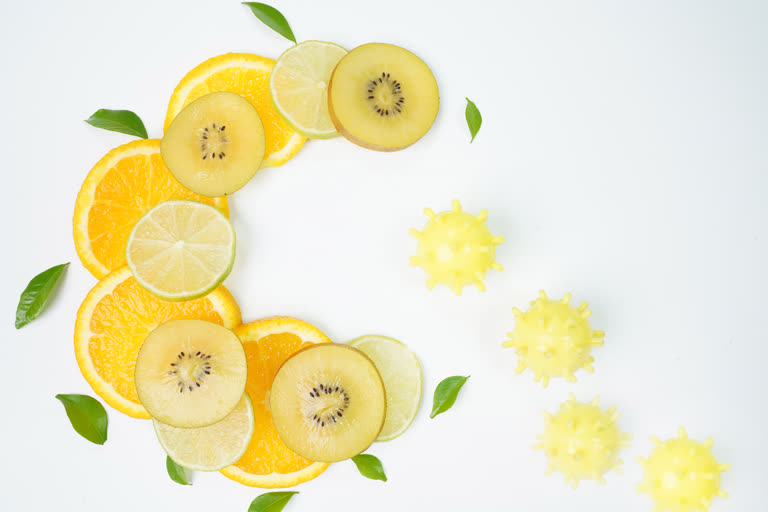Popping health supplement pills is an easier option but replacing them with healthy, simple food choices and to have a well-organized eating regimen is much required to compensate for the loss of appetite.
Foods included should be rich in proteins as those recovering from COVID-19 need more & more building blocks to repair their bodies and more vitamins like A, D, E and minerals like zinc and magnesium as they help in faster healing. Such a diet would not only help you get your strength back but also boost your immune system and keep other infections at bay while you're finally back on your feet.
- Overall intake of protein should be between 75-100 gms per day which is one and a half times more than required for a normal healthy human being. Proteins can be in the form of pulses, legumes, peanuts, nuts, milk and milk products, yogurt, cheese, besan, ragi, paneer, soya, eggs, fish, lean meat, chicken, white sesame seeds.
- Nutrient-dense foods – Include plenty of fresh seasonal fruits & veggies of different colors, as well as nuts and seeds in your diet. Vitamins, minerals, and antioxidants present in colorful fruits & vegetables help in speedy recovery.
- Add Healthy fat in the form of ghee, cream, cheese, homemade butter, avocados, olive oil, nuts & seeds. Can include 30-40 gms of fats per day.
- More calories mean more energy to fight off infections and the ability to recover faster. Opt for whole grains, potatoes, bread, pasta, rice, milk, avocados, jaggery, and roasted chana.
- Add calcium to your diet like makhanas, ragi, soybean, milk & milk products, calcium-fortified foods, figs, raisins, almonds. (Don't forget to take vitamin D for better absorption of calcium)
- Vitamin C rich food – Give emphasis on citrus foods and vegetables like orange, lemon, sweet lime, amla, guava, broccoli, bell pepper, tomato, green chilies, and other green leafy vegetables (found in a large variety in winters) as they are rich in vitamin C which helps in enhancing the immune system.
- Keep yourself well hydrated, drink at least 3-4 liters of water daily. Include soups, broths, herbal teas, kaadha, non-caffeinated drinks in your diet.
- Sprouted / fermented foods – Germination & fermentation increases zinc content in them.
- Eating small & frequent meals helps in fulfilling your nutritional requirement and prevents bloating, gastritis, heaviness & acidity.
Things to avoid during Post COVID recovery:
- Avoid tea/coffee – As major symptoms affecting people during post-COVID-19 are breathlessness, fatigue, and exhaustion. So, to get relief from these symptoms, avoid caffeine-rich drinks as much as possible as caffeine increases heart rate, causes dehydration & increases blood pressure.
- Quit smoking & drinking alcohol – As smoking directly damages your lungs. Smoking & consuming alcohol suppresses the immune system making you prone to further move infection.
COVID-19 can affect your sense of taste and smell, and that can put you off food. And you may get tempted to eat outside food but your safety and recovery should be only your priority, so stick to fresh, simple, home-cooked meals that are prepared in sanitary conditions with love and care.
Any diet is ineffective without proper sleep and exercise, so get enough rest and start with smaller physical activities to get back into your normal routine
Dr. Renu Garg is serving personalized diet & lifestyle plans to patients worldwide. For more queries, contact rghomoeo@yahoo.co.in



